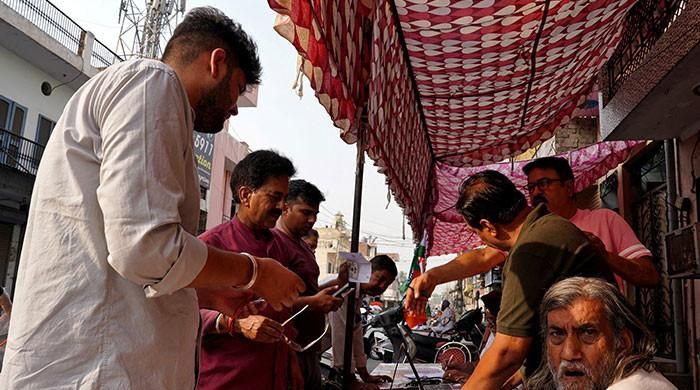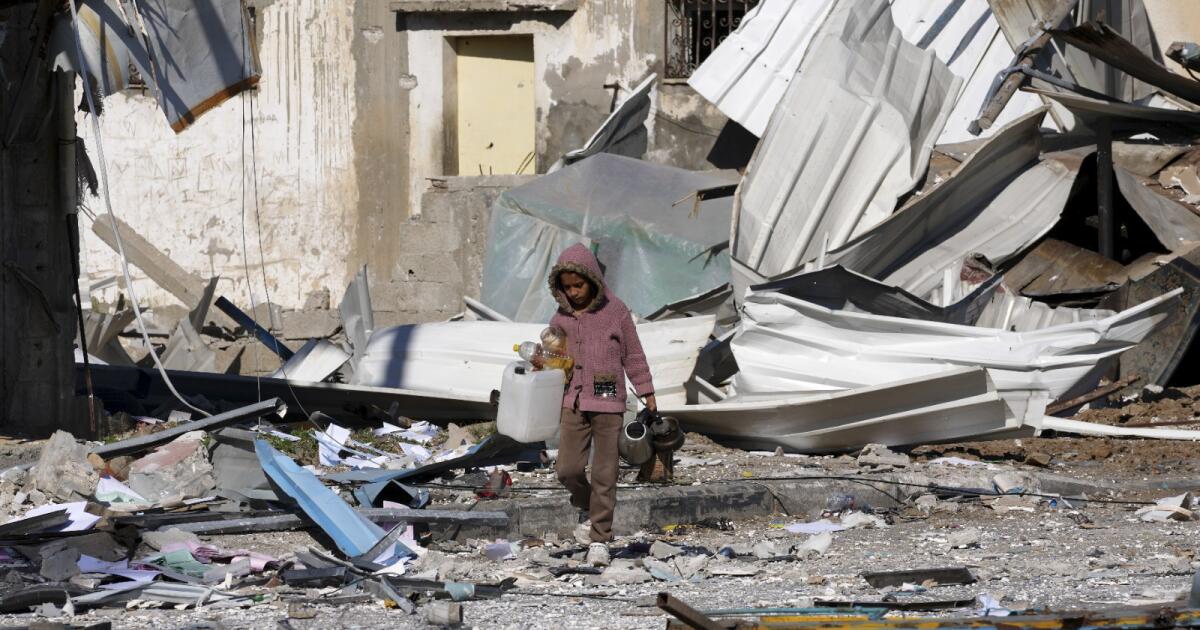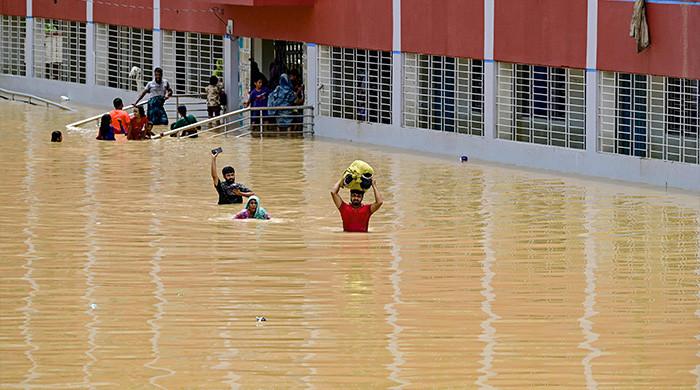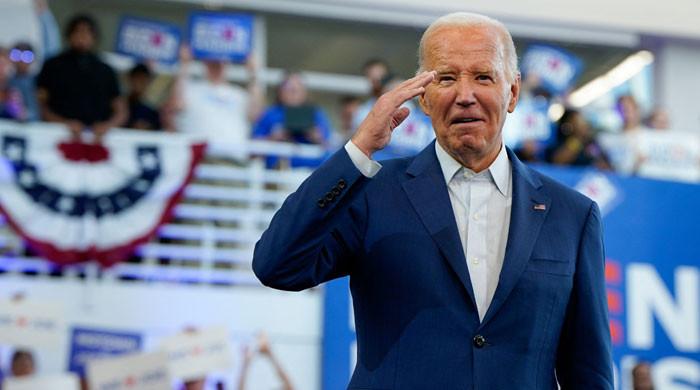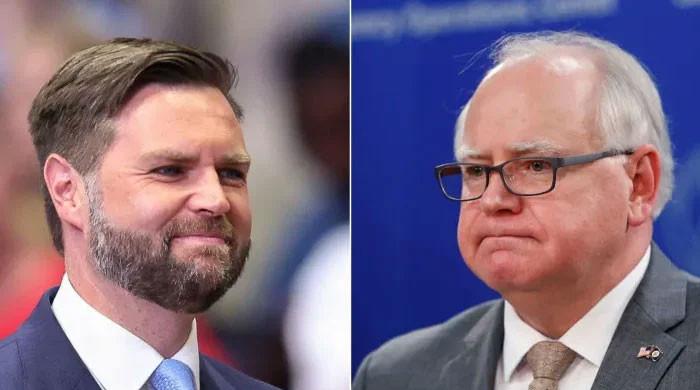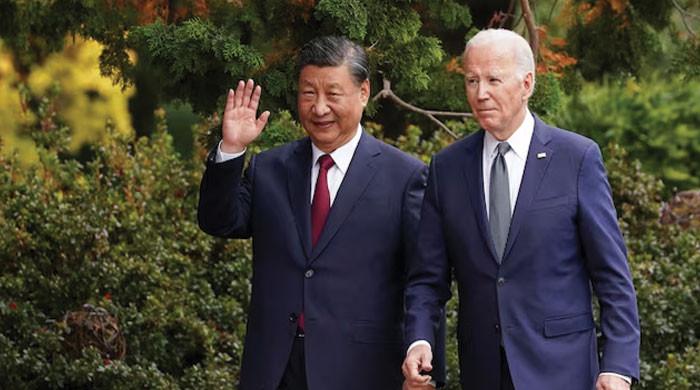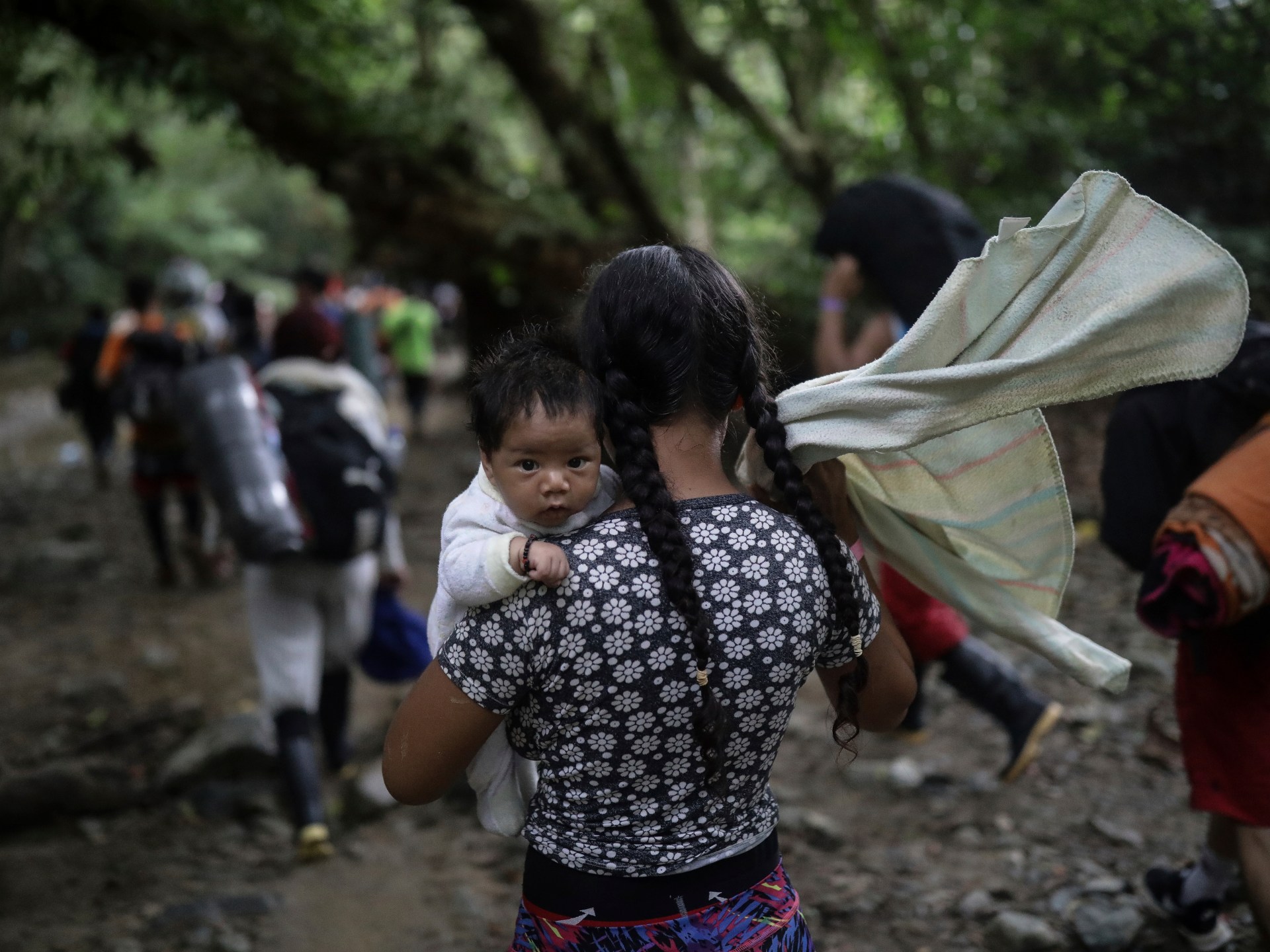- More than 111 million people with the right to vote in the sixth stage.
- Elections are held in 58 electoral districts in 8 states.
- Concerns were raised about low voter turnout due to the weather.
NEW DELHI: The Indian elections are one step closer to completion as the sixth phase, out of a total of seven, began with more than 111 million people eligible to vote in the penultimate phase of the polls.
The elections, now being held in 58 constituencies in eight states and federal territories, include the capital territory and the northern swing states of Uttar Pradesh and Bihar.
However, officials have expressed concern that rising temperatures could have an adverse effect on participation and it is forecast that the mercury could rise to 47℃.
Officials are concerned that the heat wave in parts of northern India, including Delhi and the neighboring state of Haryana, could deter voters from going to the polls and waiting in line, in an election previously marked by low turnout. .
“There is concern, but we hope that people will overcome the fear of the heat wave and come to vote,” said Delhi Chief Electoral Officer P. Krishnamurthy. Reuters.
Prime Minister Narendra Modi, leader of the Hindu nationalist Bharatiya Janata Party (BJP), is the favorite to win a third consecutive term, a feat previously achieved only by independence hero Jawaharlal Nehru, India's first prime minister.
Voting began in the world's most important election on April 19 and will conclude on June 1, with counting scheduled for June 4.
Among those eligible to vote in Delhi are Rahul Gandhi, leader of the main opposition Congress party and Modi's main rival, Gandhi's Italian-born mother Sonia Gandhi and his sister Priyanka Vadra.
Rahul Gandhi is contesting elections in the southern state of Kerala and in the family stronghold of Raebareli in Uttar Pradesh, where they have already voted. India allows people to compete for more than one seat, but they can only keep one if they win.
Also eligible to vote is opposition leader and Delhi Chief Minister Arvind Kejriwal, whose bail after nearly two months of preventive detention in a corruption case has given fresh impetus to the opposition's campaign.
Turnout was low in the initial phases of the election but has improved as the Electoral Commission (EC), celebrities and politicians repeatedly urged people to vote.
Modi called on people, especially women and youth, to “vote in large numbers” in a message on social media platform X on Saturday morning.
“Democracy thrives when its people actively participate in the electoral process,” the prime minister said.
The EC has deployed thousands of paramedics with medicines and oral hydration salts to polling stations in Delhi.
Voting centers have also been equipped with misting machines, shaded waiting areas and cold water dispensers for voters who may have to wait in lines for hours in the sweltering heat.
Among the areas voting on Saturday is the business hub of Gurugram in Haryana, which has offices of half of the Fortune 500 companies and witnessed clashes between Hindus and Muslims that killed seven people last year.
Religion has taken center stage in the campaign, with Modi accusing opposition leaders of being pro-Muslim (a move analysts say aims to galvanize his Hindu nationalist base) and the opposition accusing the prime minister of attacking to the minority community.
Due to the rise in political rhetoric, the EC, earlier this week, had asked the BJP and Congress to exercise restraint in their campaigns.

